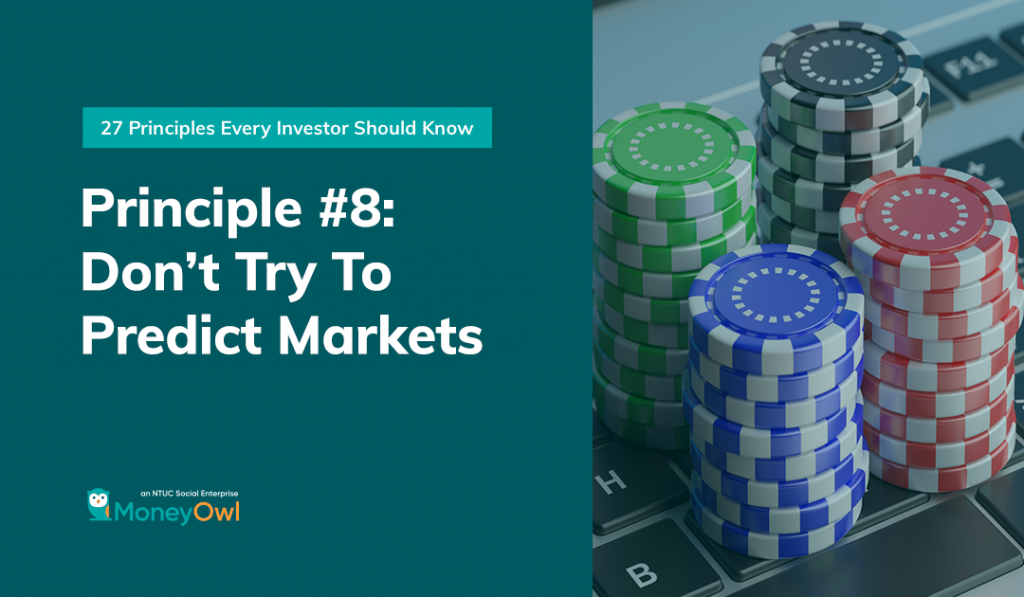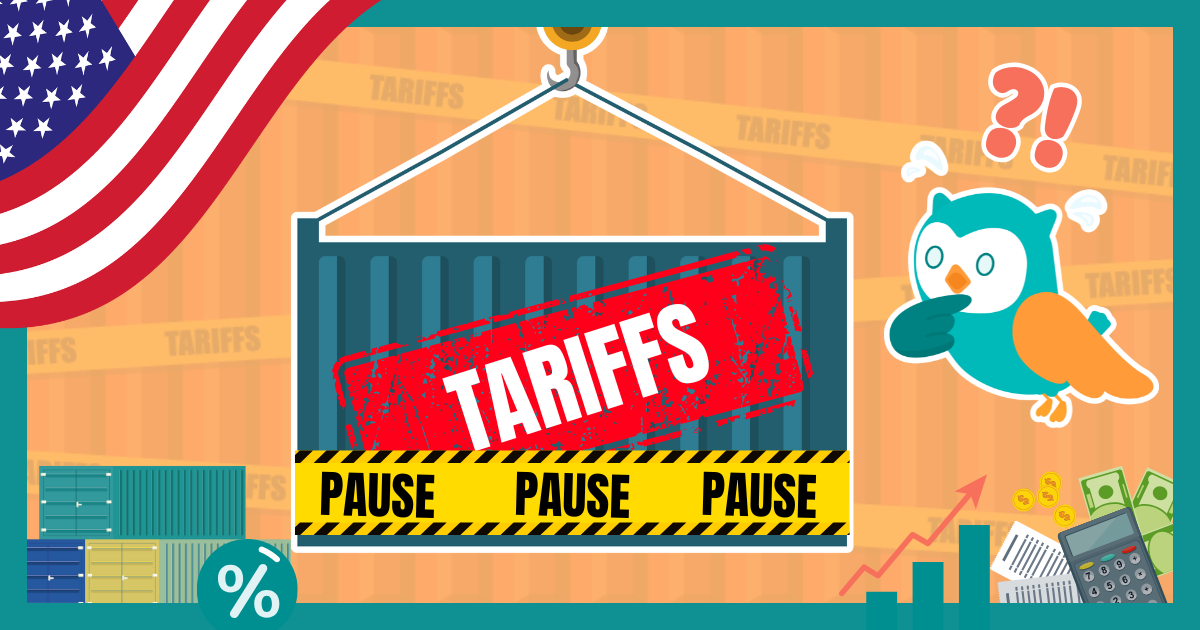Note: It was announced in November 2023 that MoneyOwl will be acquired by Temasek Trust to serve communities under a re-purposed model, and will move away from direct sale of financial products. The article is retained with original information relevant as at the date of the article only, and any mention of products or promotions is retained for reference purposes only.
______________
Here’s why you should not predict markets and instead prioritise reliability and sufficiency
Some people think that investing is like gambling or buying a lottery – to win you need to guess correctly and bet on the winning number(s). Some go the extra mile of compiling the past winning numbers so as to predict what the next set of winning numbers will be.
Depending on your investment approach, this may not be entirely wrong. If your idea of doing well in investments is to beat the market, which is the goal of ‘active’ fund managers, you will dynamically change your asset allocation according to how you predict the market will move based on news or economic data, and choose companies, sectors or countries that you think will do well.
In any short-term period, some fund managers can deliver returns that beat the market. Just as it is also possible for you to choose the correct numbers and win some money. However, you probably also recognise that you got lucky and may not always be able to repeat the results. Likewise, the evidence is stacked against active fund managers, most do not beat the market and for those who do, they are unable to do it consistently.
There is an easier way to invest where you can still win without having to make any predictions. This is where investments differ from gambling. With gambling or betting, it is a zero-sum game, you either win or lose. On the other hand, when you invest with a long-term view in a globally diversified portfolio that doesn’t make guesses on timing, asset allocation, or specific stocks, you will always get the market returns which is positive in the long run.
As an investor, your focus should be on getting a return that prioritises reliability and sufficiency as most of us invest not to get rich but to achieve our goals. So the next time you hear someone doing really well in investments when markets are down, it’s probably because they are making bets on their investments, and you should really ask yourself if this is a good or bad thing.
This series is adapted from the book, 27 Principles Every Investor Should Know, written by Steven J. Atkinson. Read the rest of the principles:
- Investing Principle #1: Always Start With A Plan
- Investing Principle #2: Start Investing As Early As You Can
- Investing Principle #3: Invest For The Long Term
- Investing Principle #4: Investing Is Hard – Get Help From A Trusted Advisor
- Investing Principle #5: Know the Difference between Advisers and Salespeople
- Investing Principle #6: Put Science and Academic Research on Your Side
- Investing Principle #7: Don’t Try To Pick Individual Stocks
Author: MoneyOwl’s Solutions Team




